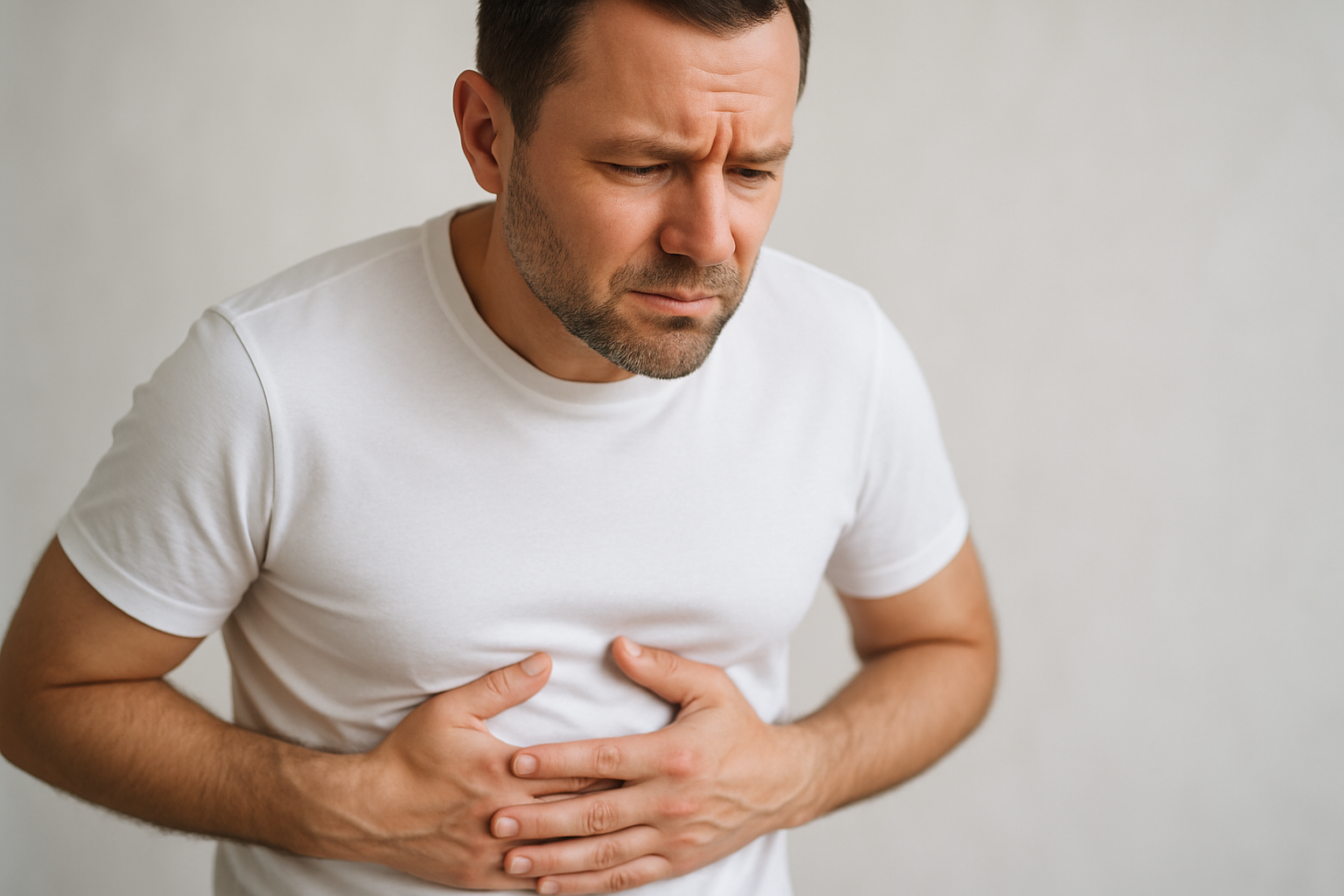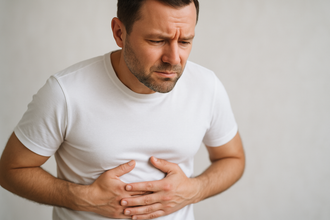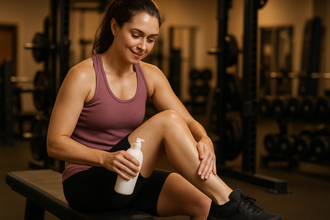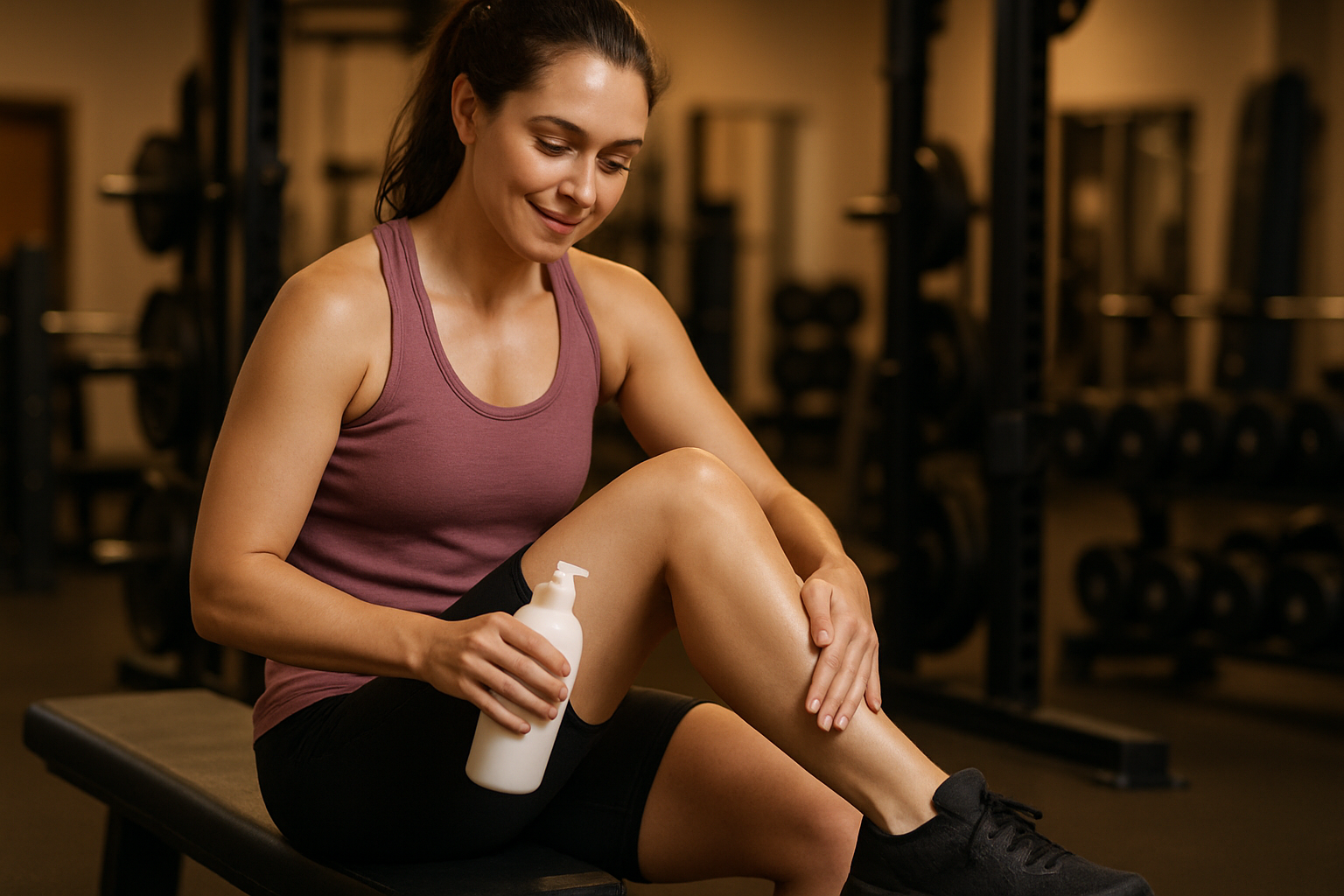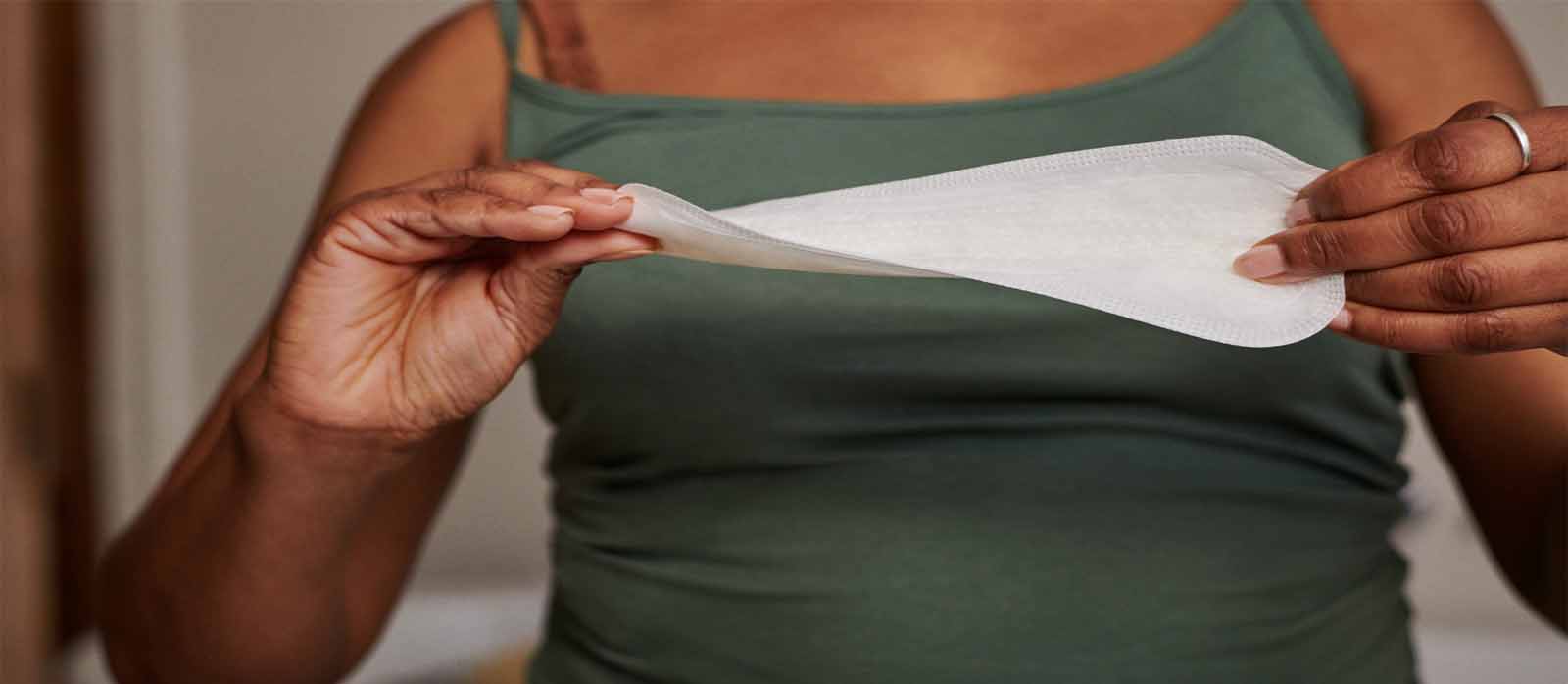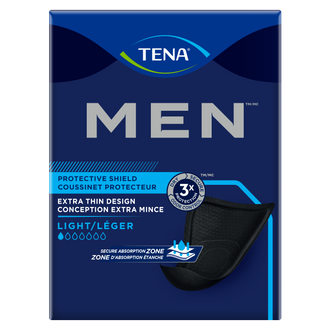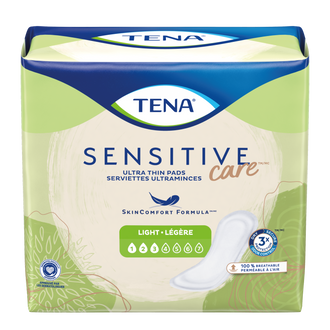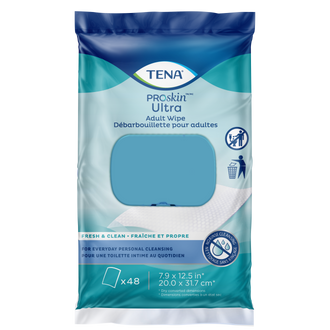Oct 07, 2025
We’re no strangers to probiotics these days, after all, we know they keep your gut healthy,1 but maybe you’re wondering about the benefits of probiotics for bowel health specifically.
Let’s explore what they really are, how they could support bowel health, and whether they might be a worthy addition to your diet for overall wellbeing.
Understanding Probiotics
Probiotics are friendly bacteria or yeast that live in your gut.1 Unlike germs, these are beneficial and help keep your gut in balance while supporting your overall health.1,2
They are different types of probiotics; the most common types are Lactobacillus and Bifidobacterium.3
Potential Health Benefits of Probiotics
Probiotics could have many benefits for different parts of your body.4 The role of these friendly organisms is not just limited to your gut; they could also help your immunity and brain.4
Let’s explore their benefits below.
Supports a Healthy Gut
The human body has both good and bad tiny organisms we can’t see.2 Probiotics help keep this gut flora balance by reducing the number of harmful bacteria.1
A healthy gut, in turn, supports regular bowel movements and could ease issues like irritable bowel syndrome, diarrhea, and constipation. 3,5
Aids Digestion
Probiotics help your body effectively break down food you eat, like carbohydrates, proteins, fats, and even complex ones like fiber.6 They don’t just break it down; they also help your body absorb the necessary nutrients to keep you healthy.6
Also, by improving your digestion, these little helpers help reduce gas, bloating, and lactose intolerance.7,8
Strengthens the Immune System
The majority of your immune cells are in the gut, and probiotics work with them to protect you.9 They help point your immune cells in the right direction, away from harmless visitors like food to reduce inflammation, and toward harmful invaders to help fight infections.9
Helps with Weight Management
Recent research suggests some probiotic strains may help you lose weight by: 10
- Controlling appetite
- Improving insulin sensitivity
- Reducing fat storage
Promotes Healthier Skin
Although research is still evolving, studies suggest that improving your gut health with probiotics may help your skin with issues like acne, eczema, and rosacea.11
Can Probiotics Support Mental Wellbeing?
Recent studies, though still ongoing, suggest a connection between the brain and gut, with probiotics playing a role in this communication.12
Studies are investigating whether probiotics may help with depression and stress levels because several hormones, including the “happy hormone” serotonin, are in the gut.9,12 But as we have mentioned, this is still a new field, and more data is needed to make an informed decision.
How Probiotics Improve Bowel Health
Probiotics could improve your bowel health by helping with gut conditions like the following.
Constipation and Irregular Bowel Movements
Certain probiotic strains may help relieve symptoms of chronic constipation, such as functional constipation.5 They work on your gut by:5
- Softening your stool
- Improving gut motility (or gut activity)
- Increasing bowel movements
Diarrhea and Antibiotic-Associated Diarrhea
Probiotics could help shorten diarrhea and make it less severe. 6,13 They can also help prevent antibiotic-associated diarrhea.9 They do this by balancing your gut flora after infections or antibiotic use.9,13
Irritable Bowel Syndrome (IBS)
Although the effects may vary across strains,1 probiotics could help reduce IBS symptoms like:
- Bloating14
- Stomach pain14
- Irregular bowel movements like diarrhea or constipation14
- Pain18
It may help by:15
- Balancing the bacteria in your gut
- Reducing inflammation
- Protecting your gut lining
Which Foods are Naturally Rich in Probiotics?
Thinking about including probiotics in your diet? The good news is you don’t have to rely on supplements. There are natural, whole probiotic foods that could help support your health every day.
Examples of Probiotic-Rich Foods
Adding more fermented foods to your diet means more probiotics for your body:16 Here are some probiotics food options to try:
- Yogurt: A fermented milk product with one of the highest amounts of probiotics, which could help with lactose intolerance.16
- Kefir: You could enjoy this fermented milk as a drink, smoothie ingredient, or even as a buttermilk substitute.16
- Sauerkraut: Shredded cabbage fermented in brine solution that you could even make at home.16
- Kimchi: A Korean fermented vegetable dish rich in antioxidants that could help reduce the risk of heart diseases.16,17
- Kombucha: A tart and tangy East Asian drink full of antioxidants that might help with sugar levels.16,17
- Miso: A fermented soybean paste from Japan that may support healthy blood pressure.16
- Tempeh: A dense Indonesian cake packed with antioxidants that could help reduce cholesterol levels.16
- Pickles: A simple dish you could make at home with sliced cucumbers and salt water to help balance your gut bacteria.17
If you’re interested to learn more about what to eat for bladder and kidney health, or foods that will help you boost a bit of weight loss during menopause, you’re in the right place!
Are There Any Risks or Side Effects of Taking Probiotics?
Probiotics are generally safe for most people, but they may not be right for everyone.18 If you fall into any of these groups, talk to your general practitioner or dietitian before starting probiotics:18
- Immunocompromised individuals
- People who are critically ill
- Those with severe acute pancreatitis
- Anyone recovering from recent surgery
Possible Temporary Side Effects
While taking probiotics, you might experience mild symptoms like:2
- Stomach upset
- Diarrhea
- Gas
- Bloating
Don't worry, these usually last just a few days as your body adjusts.2If you notice an allergic reaction like a rash, it's best to stop taking them and speak with your doctor.2
References
1. Amberley Davis. What are probiotics? [Internet]. Patient.info. 2025. Available from: https://patient.info/news-and-features/what-are-probiotics
2. WebMD Editorial Contributor. What Are Probiotics? [Internet]. WebMD. 2022. Available from: https://www.webmd.com/digestive-disorders/what-are-probiotics/
3. Bodke H, Jogdand S. Role of Probiotics in Human Health. Cureus [Internet]. 2022 Nov 9;14(11). Available from: https://www.cureus.com/articles/111413-role-of-probiotics-in-human-health
4. Fung TC, Olson CA, Hsiao EY. Interactions between the microbiota, immune and nervous systems in health and disease. Nature Neuroscience. 2017 Jan 16;20(2):145–55.
5. Ding F, Hu M, Ding Y, Meng Y, Zhao Y. Efficacy in bowel movement and change of gut microbiota on adult functional constipation patients treated with probiotics-containing products: a systematic review and meta-analysis. BMJ Open [Internet]. 2024 Jan 1;14(1):e074557. Available from: https://bmjopen.bmj.com/content/14/1/e074557.long
6. UAB experts weigh in on gut health [Internet]. UAB Medicine. 2025 [cited 2025 Aug 10]. Available from: https://www.uabmedicine.org/news/probiotics-digestion-and-the-microbiome-uab-experts-weigh-in-on-gut-health/
7. Blake M. Can probiotics help with bloating? [Internet]. Medicalnewstoday.com. Medical News Today; 2025 [cited 2025 Aug 10]. Available from: https://www.medicalnewstoday.com/articles/probiotics-for-bloating
8. Oak SJ, Jha R. The effects of probiotics in lactose intolerance: A systematic review. Critical Reviews in Food Science and Nutrition. 2018 Feb 9;59(11):1675–83.
9. The Science Desk. The Role of Probiotics in Gut Health [Internet]. Science News Today. 2025. Available from: https://www.sciencenewstoday.org/the-role-of-probiotics-in-gut-health
10. Oudat Q, Okour A. The Role of Probiotics in Modulating Gut Microbiota and Metabolic Health for Weight Management: A Mini Review. Acta Microbiologica Hellenica. 2025 Feb 5;70(1):5.
11. Gao T, Wang X, Li Y, Ren F. The Role of Probiotics in Skin Health and Related Gut–Skin Axis: A Review. Nutrients [Internet]. 2023 Jul 13;15(14):3123–3. Available from: https://www.mdpi.com/2072-6643/15/14/3123
12. Hussain A, Koser N, Aun SM, Siddiqui MF, Malik S, Ali SA. Deciphering the role of probiotics in mental health: a systematic literature review of psychobiotics. Beneficial Microbes [Internet]. 2024 Nov 27 [cited 2024 Nov 30];1–22. Available from: https://brill.com/view/journals/bm/aop/article-10.1163-18762891-bja00053/article-10.1163-18762891-bja00053.xml
13. Elle Pierson. When I Have Diarrhea, Should I Take Probiotics? [Internet]. Healthcareconsultantsusa.com. 2025 [cited 2025 Aug 10]. Available from: https://healthcareconsultantsusa.com/when-i-have-diarrhea-should-i-take-probiotics.html
14. Satish Kumar L, Pugalenthi LS, Ahmad M, Reddy S, Barkhane Z, Elmadi J. Probiotics in Irritable Bowel Syndrome: a Review of Their Therapeutic Role. Cureus. 2022 Apr 18;14(4).
15. Benjak Horvat I, Gobin I, Kresović A, Hauser G. How can probiotic improve irritable bowel syndrome symptoms? World Journal of Gastrointestinal Surgery. 2021 Sep 27;13(9):923–40.
16. Benefits of Fermented Foods and Tips for Adding Them to Your Diet [Internet]. Medicinecontact.com. MedicineContact; 2024 [cited 2025 Aug 10]. Available from: https://www.medicinecontact.com/blog/37673/whole-foods-fermented-foods
17. Amber J. Tresca . 20 Probiotic Foods With Good Bacteria [Internet]. Verywell Health. 2025. Available from: https://www.verywellhealth.com/probiotic-foods-7970825
18. Chai J. Who Should (and Shouldn’t) Take Probiotics? [Internet]. Health Constitution. 2024. Available from: https://www.healthconstitution.com.au/who-should-and-not-take-probiotics/
